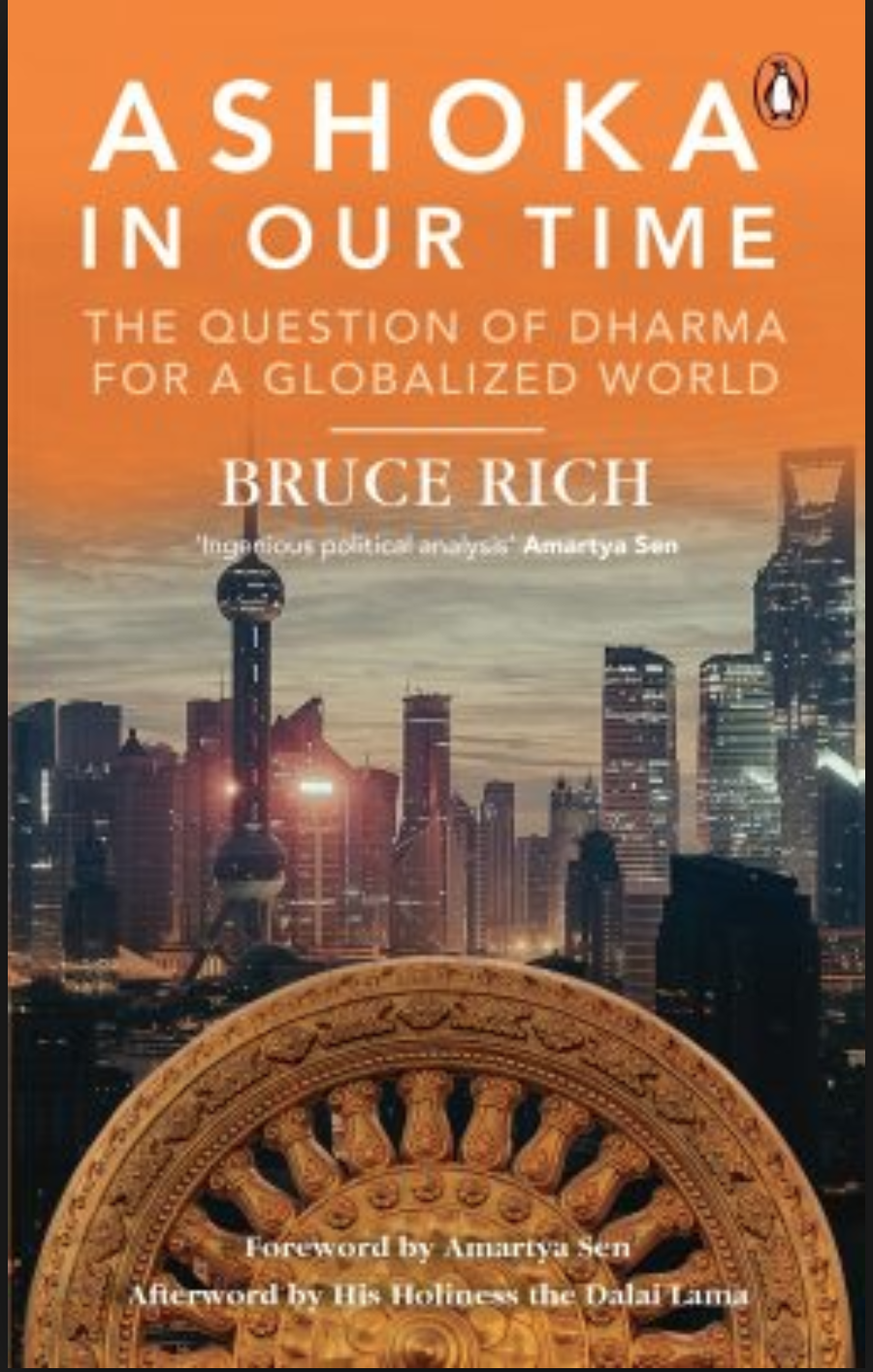- Bruce Rich
- Penguin Books (Penguin Random House India)--Penguin Digest
- February 1, 2018
- xiii-xiv
This book was first published in India in early 2008, months before the full magnitude of the global economic crisis became apparent. The severity and unexpectedness of the crisis only accentuated for more and more people the realization that a global economy requires a global ethic. As economies slowly recovered and stabilized, the global and local structures of political economy reflecting this order have intensified economic inequality, social insecurity and the dissolution of traditional communities. The reaction in many societies worldwide has been a growing quest for identity, community and justice, an evolution that holds great promise but also great menace. Our world is nearing a juncture where every citizen may be faced with a choice between embracing a more pluralistic, open, ecumenical social and political ethic or a flight into reactionary nationalism, ethnic and religious fundamentalism, and a futile embrace of authoritarian pseudo-solutions. In major countries all over the world we are witnessimg a resurgence of nationalistic, xenophobic and, in some cases, outright neo-fascist political movements. This reaction to the social effects of one-sided economistic market fundamentalism was astutely examined by Karl Polanyi over seventy years ago.The global environmental crisis has only accelerated as evidence of climate change is increasingly visible. Like the inequalities and imbalances in the global political economy, climate change also can only be addressed by concerted action that prompts changed economic priorities and values in every nation and community on the planet. In short, what we witness around the world is a search for what might be called a unifying ideology of ‘dharma’. This is the dharma that Ashoka sought, a concept or construct of ethics, law and community which establishes guiding values for individuals and society.



